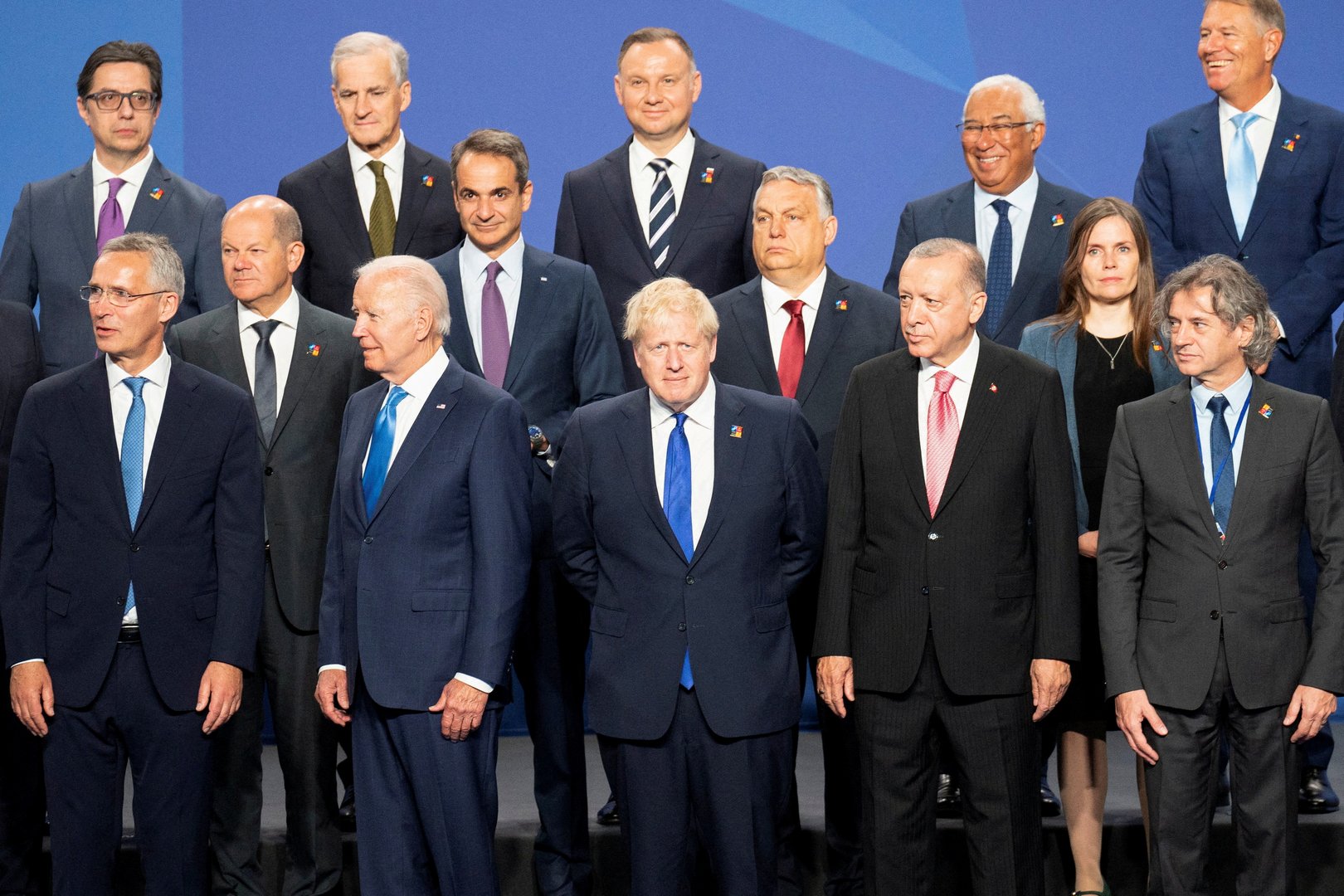By Andrestinos N Papadopoulos
Any reference to the past is useful as it helps us understand better the present and learn lessons to formulate opinions correctly for the future on political, economic, strategic and other matters.
Cyprus and Nato is an old story. Back in 1959, when the London Agreements for the establishment of the Republic of Cyprus were signed, the United Kingdom was in favour of Cyprus joining the Commonwealth and the Council of Europe, but not Nato. The argument was that Cyprus was a small country with a small population, though that same objection did not apply to other Nato members with small populations, such as Luxembourg and Iceland.
Concerning Cyprus’ strategic position in the eastern Mediterranean, the UK felt that this was not a strong enough argument in favour of Nato membership, since it had already secured two sovereign bases on the island, which could also serve Nato if needed. The fact remains that Archbishop Makarios, as well as General Grivas, gave the green light to Cyprus joining Nato. This was revealed to former foreign minister George Iacovou by Makarios in 1975 and was later confirmed by Greek politician Evangelos Averof to Iacovou, when the latter was serving as ambassador to Germany.
Later, according to information contained in the British Foreign Office documents, which were made public in December 2014, Spyros Kyprianou, then president of Cyprus, had proposed on January 14, 1985 to British Prime Minister Margaret Thatcher that Cyprus should accede to Nato and the EEC (the former EU). The British Foreign Office advised its government to hold consultations with the United States, West Germany, France and Italy. If, however, President Kyprianou pressed the issue again, the answer would be that, given the reactions of Turkey, accession would complicate instead of facilitate a solution of the Cyprus problem. At that meeting, President Kyprianou stressed that Cyprus’ accession to Nato and the EEC would be the best guarantee of a solution, since it would have made specific guarantees unnecessary.
To the above, I would like to add a personal testimony.
In May 1975, when I was serving as assistant director in the Commonwealth Secretariat in London on secondment from the foreign ministry, I had a meeting with Makarios in Kingston, Jamaica, where the Commonwealth Heads of Government Meeting had convened. Makarios mentioned to me that in 1965 he had proposed Cyprus’ accession to Nato to the Americans and that they refused to accept the offer. In September 1976, I was in Washington and our ambassador, Nicos Demetriou, reconfirmed this information, adding that Makarios’ go-between was the then finance minister Renos Solomides. In August 1977, I met Solomides in Nicosia and he explained that it was he who had raised the question with the American ambassador, rather than Foreign Minister Kyprianou, because of the good relations he enjoyed with the US. Evidently, the answer was negative, due to the reaction of Turkey.
If we examine both attempts, that of Makarios in 1965 and that of Kyprianou in 1985, we observe that the first took place after the bombardment of Tylliria by the Turkish air force in 1964, and the second after the illegal UDI of the Turkish Cypriots in 1983. In the minds of the two leaders, the impression perhaps prevailed that Cyprus’ membership of Nato would act as a shield against Turkish aggression.
It is obvious that in the case of Cyprus, the question of security is of paramount importance. In particular, at this juncture it is the concern not only of politicians, but of the public opinion as well.
Recent developments in the international scene speak for themselves. The wish of Ukraine to seek membership of Nato brought war to the country with disastrous consequences. New conceptions concerning the architecture of security as a result of the war prompted Finland and Sweden to seek membership of Nato, having the support of an accrued majority of their public opinion.
Finally, the recent summit conference of Nato in Madrid projected the question of the fluid state of affairs concerning security in a rapidly changing defence framework, which is of interest not only to Nato and the EU, but also to other powers, like China and India.
The universal character of the question of security is proven by the fact that apart from the 23 members of the EU, the US, UK and Canada also participate in Nato.
In view of the above, the question to be answered is whether a move by Cyprus to join Nato would be successful under present conditions. The answer is definitely no.
Internally Akel and externally Ankara and certain members of Nato will react negatively. To all those who favour the accession of Cyprus for reasons of protection and security, the answer is given by the threats of Turkey, a Nato member, against another Nato member, Greece (violation of the Greek airspace, threats against the islands of the Aegean, etc.), as well as Cyprus, which for the last 48 years is under occupation of its northern part. Only if Turkey becomes a pure Islamic country, will Nato’s line pass over Cyprus.
Dr Andrestinos N Papadopoulos is a former ambassador of Cyprus






Click here to change your cookie preferences